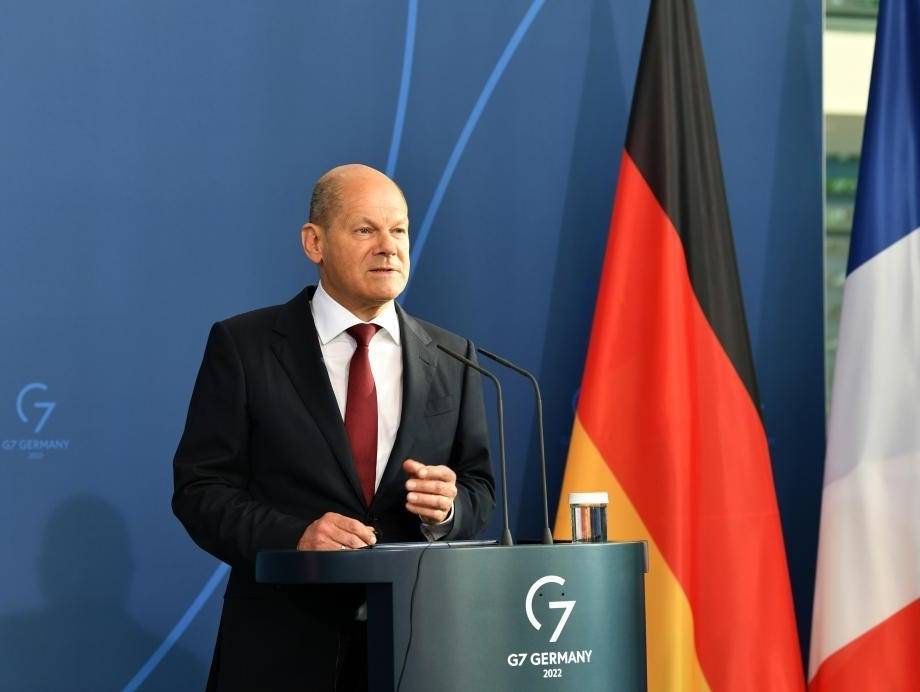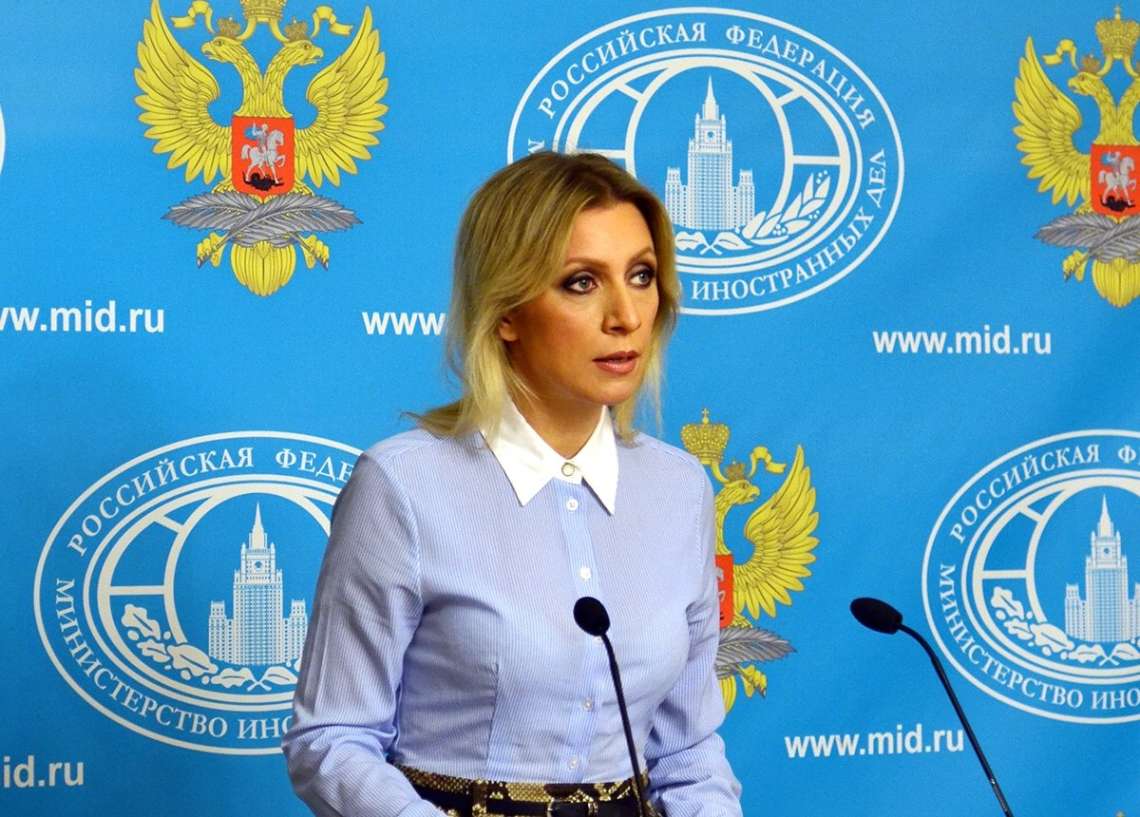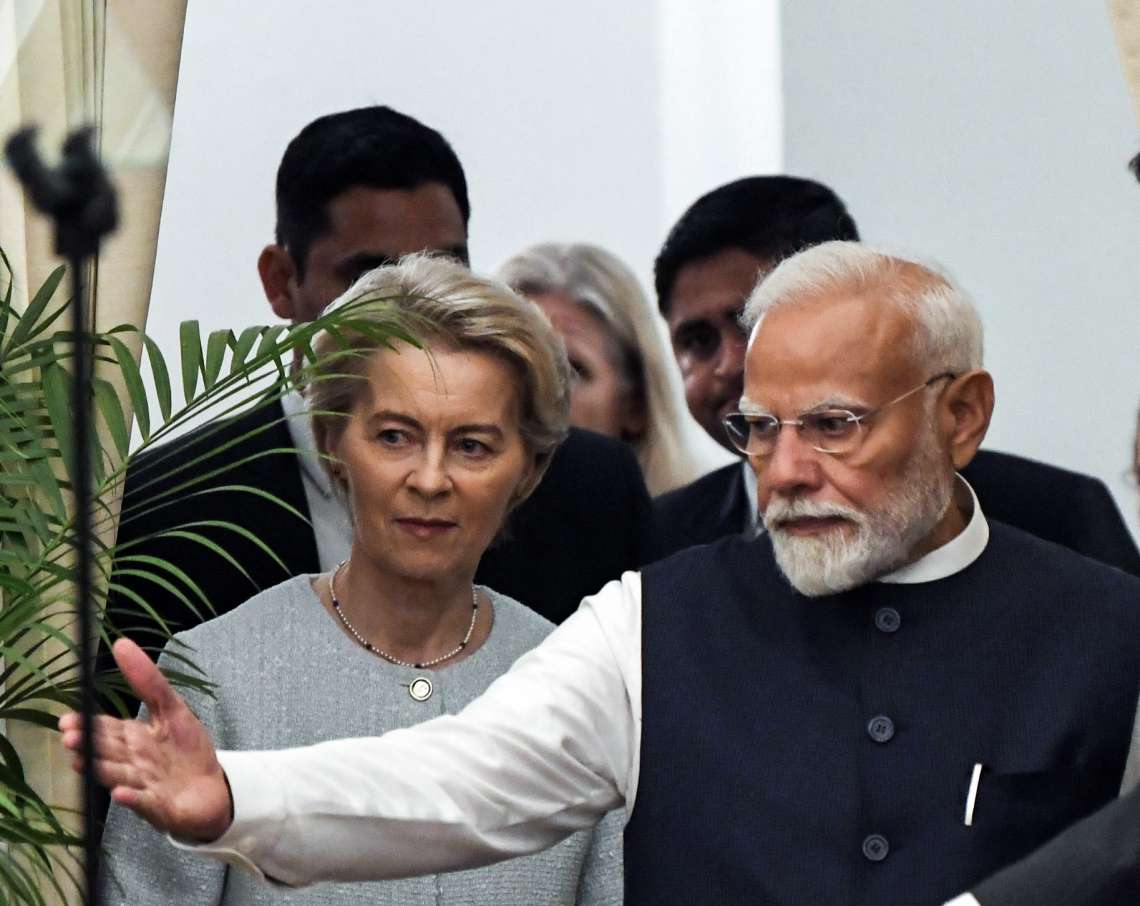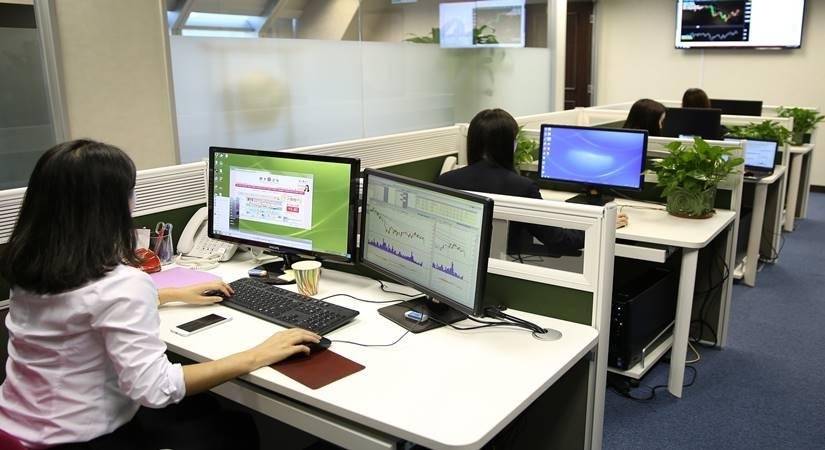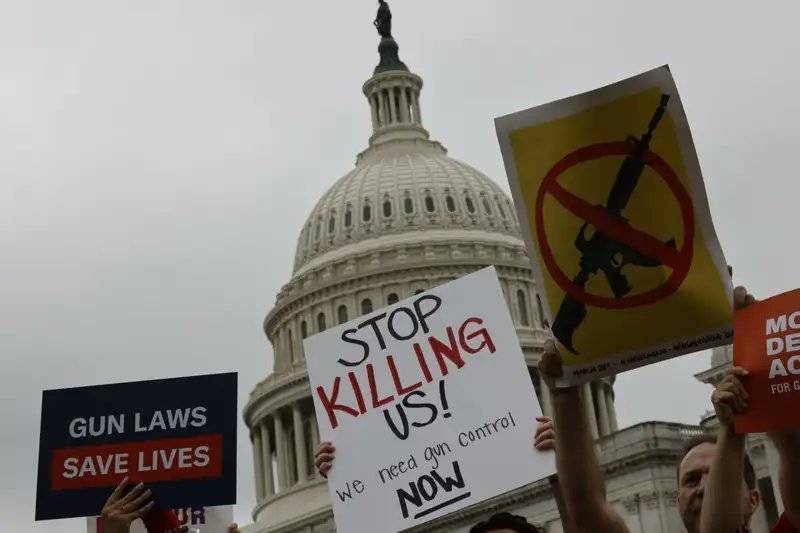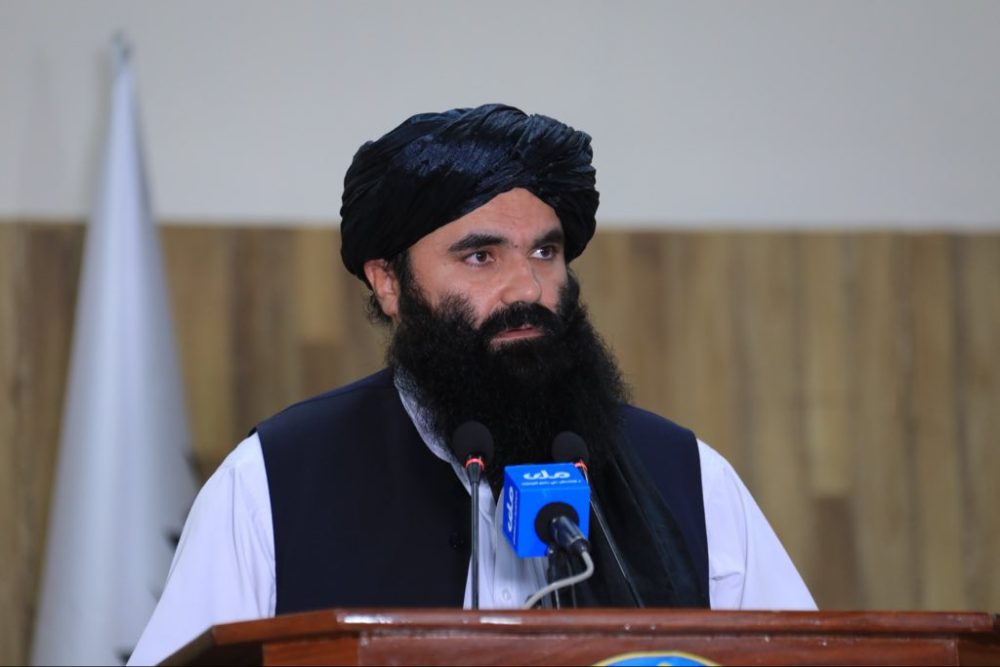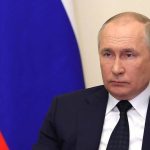Germany’s industrial production in April grew by a mere 0.7 per cent after suffering a decline of 3.7 per cent in March. In May it grew by 0.2 per cent as per Trading Economics data…reports Asian Lite News
For many in Germany, a warm water bath could soon become a luxury. One of the country’s main port cities, Hamburg, has already warned its citizens that it may have to resort to rationing hot water as the energy crisis intensified. The going for Germany, Europe’s largest economy will get tougher as sanction-hit Russia has decided to weaponise energy. Not only will the citizens have to brace for a cold and dark winter after Moscow choked supplies, its industry-driven by manufacturing — is also staring at uncertainty. Though just a month ago Germany’s central bank Deutsche Bundesbank in its report drastically slashed GDP growth projections for this year to 1.9 per cent from the earlier estimated 4.2 per cent, many observers opine that actually the country could slip into a recession.
“The problem is deeper than what is being anticipated or projected. The country is likely to actually slip into recession with this acute energy shortage. This would also impact growth in the European Union,” an analyst said.
Investment bank and financial services major, UBS in its report, said that Germany’s economy is already suffering as its manufacturing industry grapples with supply chains disrupted by the pandemic and the war in Ukraine. “If its struggling economy is pulled down further by a full-blown energy shortage crisis, it could shake other eurozone countries too, including Italy, France, Poland, and Spain,” it read.
German industry, which was reeling under pressure with choking of supply chain network driven by the lockdowns imposed in several parts of China in April, is now battling acute energy shortage.
Germany’s industrial production in April grew by a mere 0.7 per cent after suffering a decline of 3.7 per cent in March. In May it grew by 0.2 per cent as per Trading Economics data.
According to the German Zentrum fer Europeische Wirtschaftsforschung (ZEW) Economic Sentiment Index that assesses a six-month economic outlook, sentiments in July fell to a steep -53.8 in July from -20.8 in June.
Any reading above zero is an indication of optimism and below reflects pessimism. The survey is based on about 350 German institutional investors and analysts.
The country’s central bank also noted that the uncertainty about future economic developments is exceptionally high due to the Russia-Ukraine war.
Nord Stream 1, Europe’s key gas pipeline has been shut down for 10 days for maintenance at a time when the continent is already reeling under shortage. Nord Stream 1 and 2 are natural gas pipelines, running through the Baltic Sea that are critical for securing energy security in Europe.
“From 11 to 21 July 2022, Nord Stream AG will temporarily shut down both lines of its gas pipeline system for routine maintenance works inclusive testing of mechanical elements and automation systems for ensuring reliable, safe, and efficient pipeline operations,” a statement issued said.
ALSO READ-Euro falls to parity with USD, hitting 20-year low


